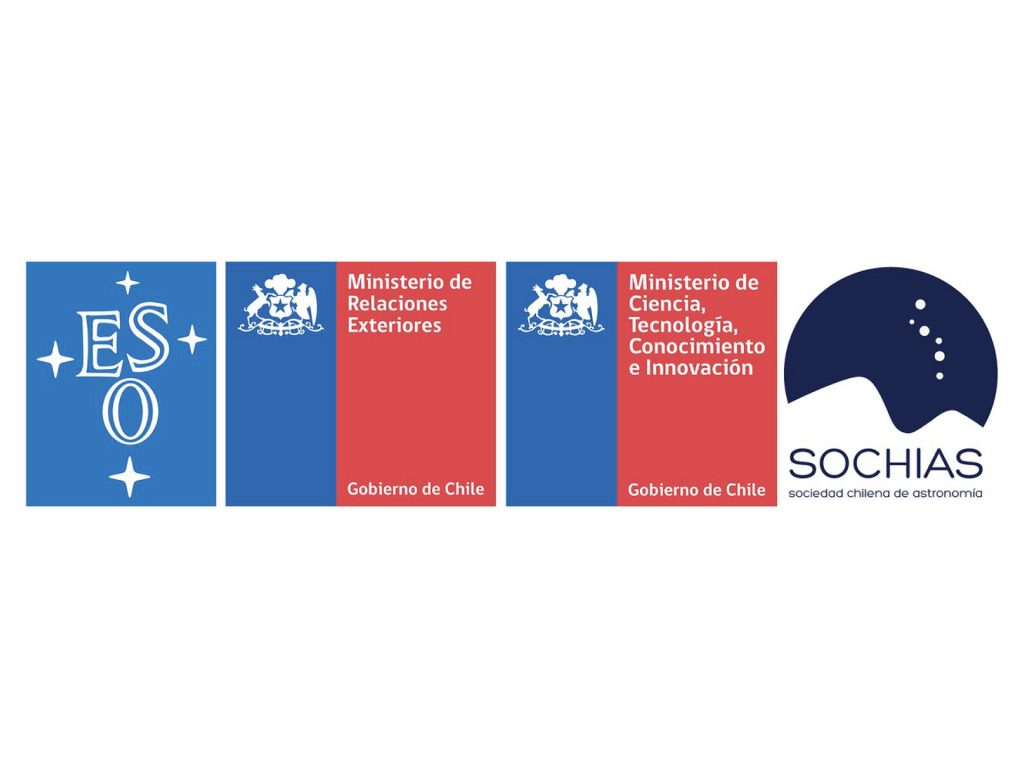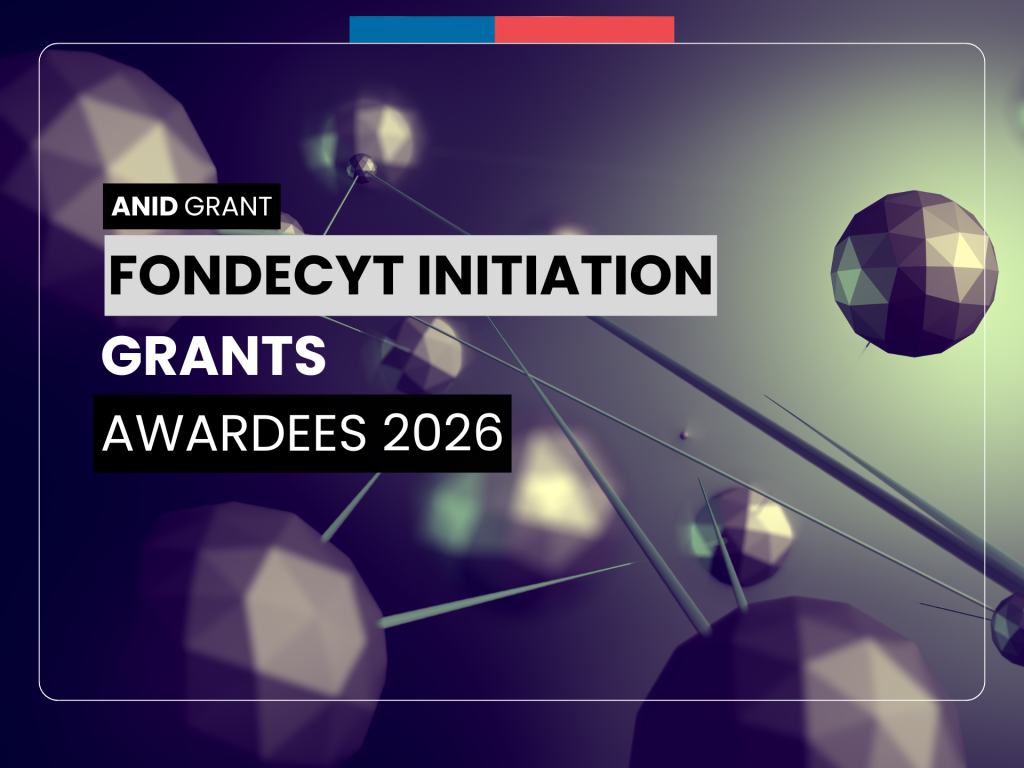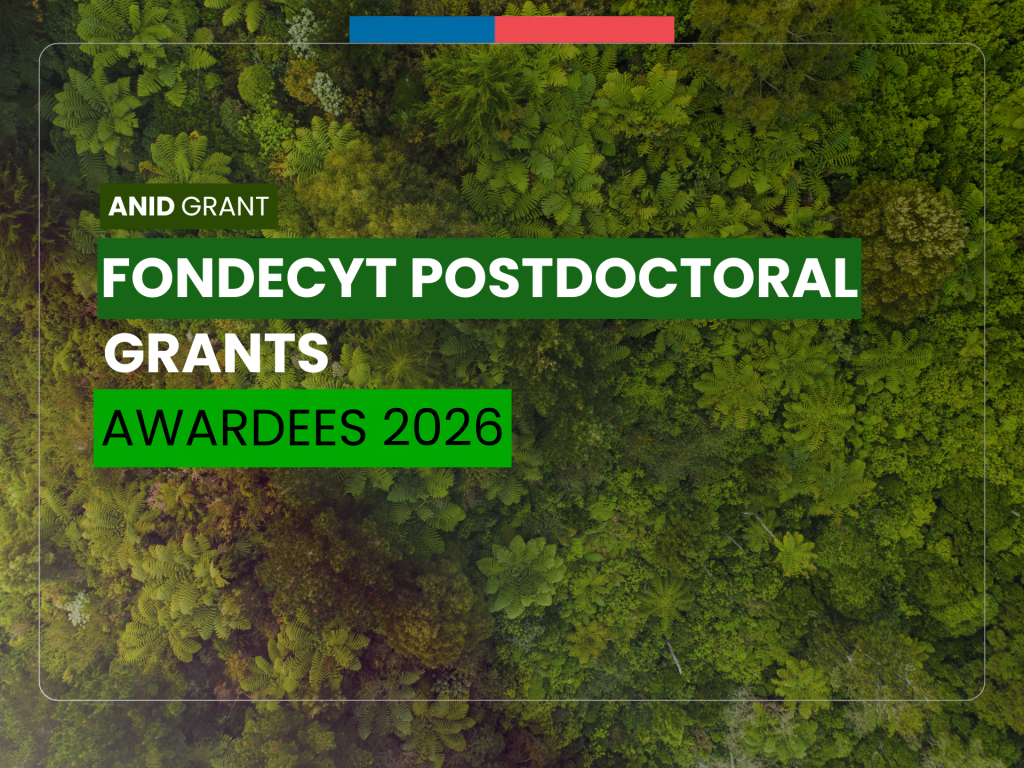The National Research and Development Agency’s (ANID) Millennium Nucleus in Social Sciences call aims to promote cutting-edge, world class science in our country. This program funds the creation of multidisciplinary research groups that address complex questions, with the purpose of elevating the quality and associativity of scientific production. Each Nucleus is awarded based on scientific merit and must focus on four key pillars: internationally competitive research, training of new scientists, creating collaboration networks, and knowledge dissemination to society. The ultimate goal is for these centers to contribute, through their results, to the country’s comprehensive development and generate impact at both Latin American and global levels.
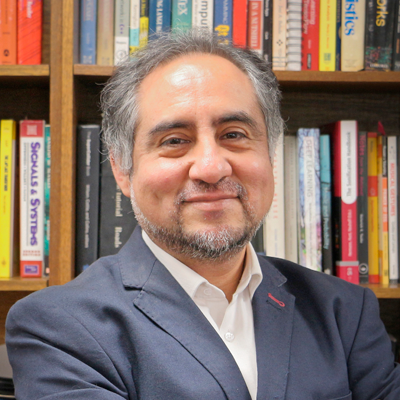
MILLENNIUM NUCLEUS IN CURRENT PRACTICES OF CLASSICAL MUSIC (ANIMUPA)
Led by Full Professor Rodrigo Cádiz from the Department of Electrical Engineering, this new Millennium Nucleus will investigate classical music as a contemporary and dynamic cultural scene, moving away from the traditional view that considers it merely an elitist historical legacy. The project understands it as a living network consisting of performers, audiences, educators, and communities from diverse territories and socioeconomic realities. Its objective is to critically analyze how factors such as class, gender, and territory shape current practices of musical creation, circulation, and work. Through interdisciplinary methodologies integrating historical, ethnographic, and data science analysis, ANIMUPA will seek to identify structural inequalities in the Chilean scene. Its work aims to influence the formulation of updated cultural policies and transform the understanding of classical music in Chile toward a diverse and accessible phenomenon.
MIGRA MILLENNIUM NUCLEUS: PERCEPTIONS AND CONSEQUENCES OF IMMIGRATION
Under the direction of Industrial Engineering academic Rodrigo Undurraga from the University of Chile, and with the participation of Associate Professor Patricio Domínguez from the Department of Industrial and Systems Engineering as a Principal Investigator, the MIGRA Millennium Nucleus secured renewed funding for the next three-year period.
The MIGRA Millennium Nucleus investigates the most significant socio-demographic transformation in Chile in recent decades: the increase in migrant population from 2% to 10%. Its work focuses on understanding barriers that hinder integration, analyzing three types of “frictions”: legal, institutional/cultural, and discrimination. The evidence analyzed by the nucleus indicates that the impact of migration is not uniform, but varies according to migrant characteristics and local context—a critical mismatch in a host country with limited institutional capacities. With a multidisciplinary team, MIGRA employs qualitative and quantitative methods to generate innovative knowledge that contributes to public policy formulation, enhancing the positive effects of immigration for the country.
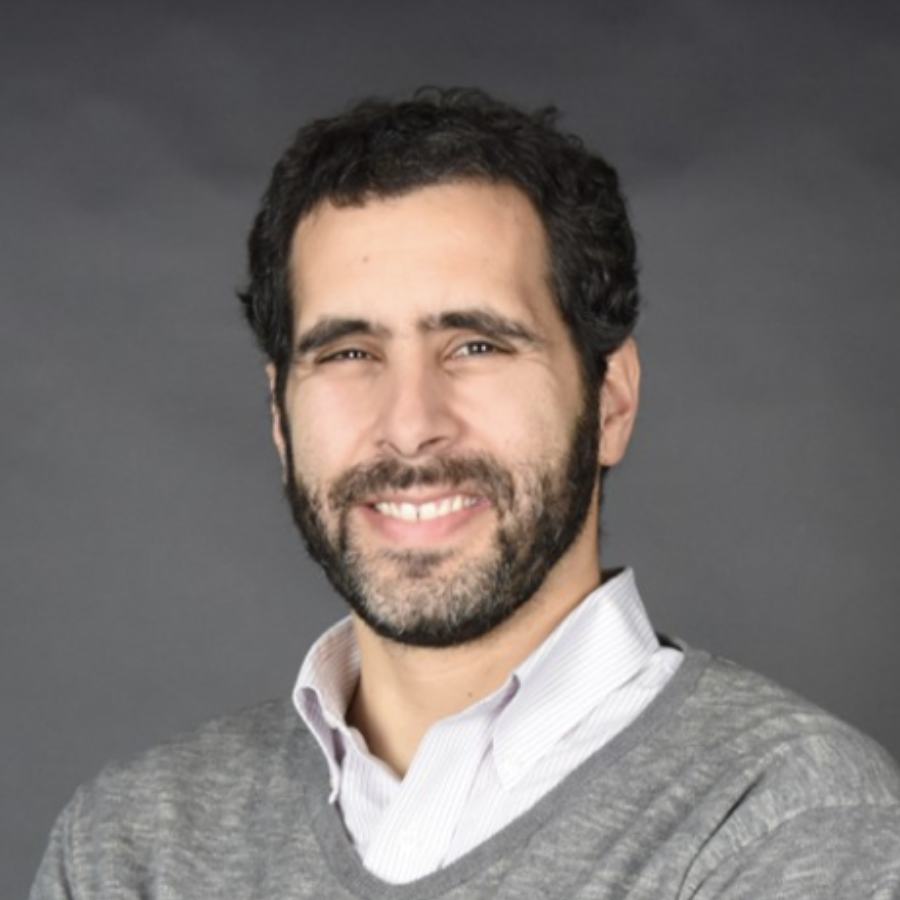
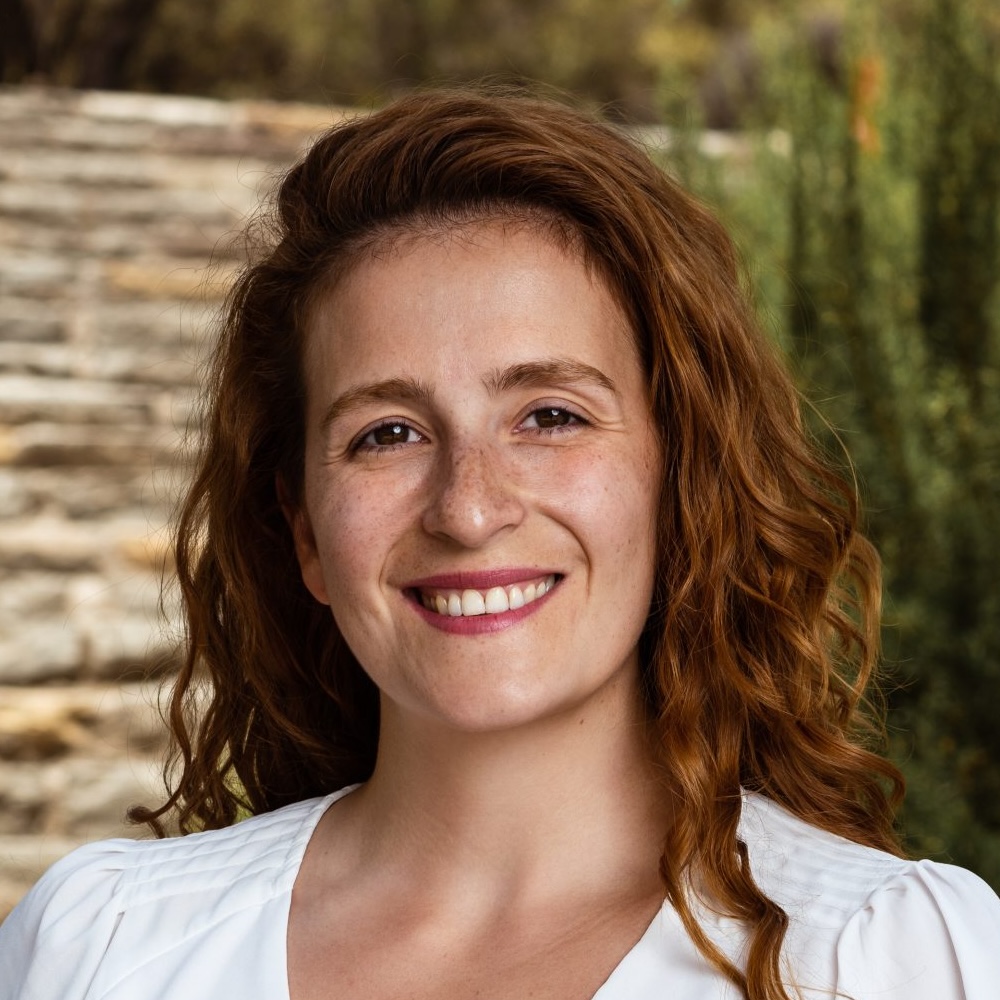

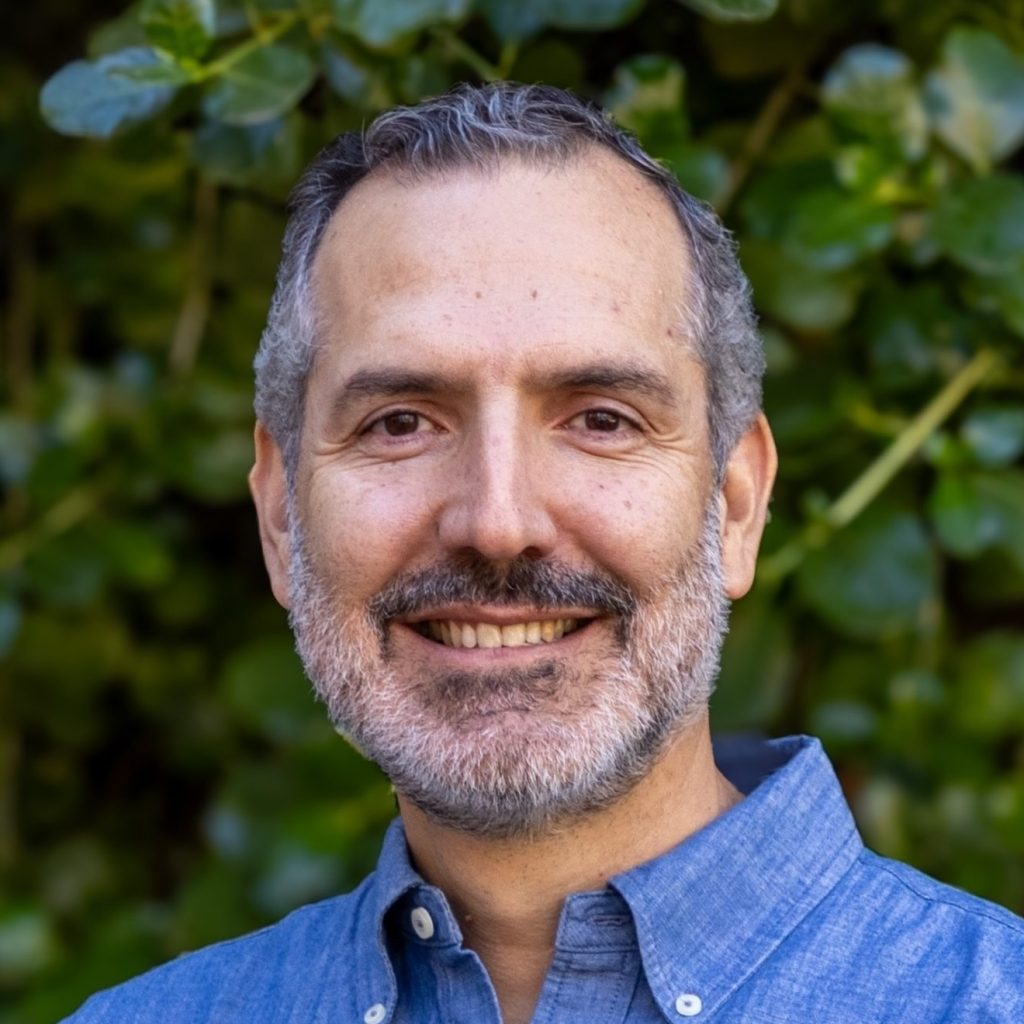
MILLENNIUM NUCLEUS FOR JUST TRANSPORTATION (TJUSTO)
Assistant Professor Camila Balbontín and Associate Professors Hugo Silva and Ricardo Giesen, from the Department of Transport and Logistics Engineering, will join as Principal Investigators in the Millennium Nucleus for Just Transportation (TJUSTO), led by Assistant Professor Giovanni Vecchio from the Institute of Urban Studies at UC.
The TJUSTO project will investigate transportation justice to develop methodologies that reflect urban socio-spatial diversity and promote equitable policies. Its goal is to create systems that respond to the needs of the entire population, contributing to just sustainable transitions with international relevance. The research will be organized into three lines:
Analyze socio-spatial dimensions to understand mobility needs and barriers.
Explore perceptions and modeling of accessibility, developing metrics to combat segregation.
Define elements for equitable planning and regulation.
With an interdisciplinary approach, combining quantitative and qualitative methods, TJUSTO will include human capital training, collaboration with national and international stakeholders, and an outreach strategy to maximize the social and political impact of its findings.
These Millennium Nuclei demonstrates the value of interdisciplinary research in addressing complex social challenges. ANIMUPA, MIGRA, and TJUSTO show that social sciences, arts, and humanities can integrate quantitative methodologies and data analysis from engineering, enriching their capacity to generate robust evidence and innovative proposals.
These initiatives not only seek to produce cutting-edge knowledge but also to transfer it to society and public policy development, contributing to more inclusive and informed national development from academia.
